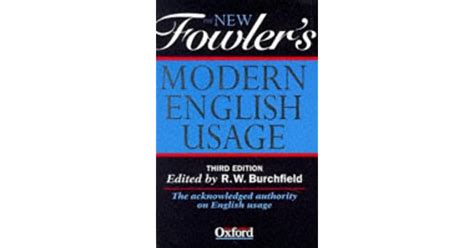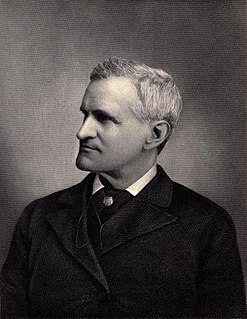A Quote by Marcel Proust
Every reader finds himself. The writer's work is merely a kind of optical instrument that makes it possible for the reader to discern what, without this book, he would perhaps never have seen in himself.
Related Quotes
Every reader, as he reads, is actually the reader of himself. The writer's work is only a kind of optical instrument he provides the reader so he can discern what he might never have seen in himself without this book. The reader's recognition in himself of what the book says is the proof of the book's truth.
Tis the good reader that makes the good book; in every book he finds passages which seem confidences or asides hidden from all else and unmistakenly meant for his ear; the profit of books is according to the sensibility of the reader; the profoundest thought or passion sleeps as in a mine, until it is discovered by an equal mind and heart.
The analytical writer observes the reader as he is; accordingly, he makes his calculation, sets his machine to make the appropriate effect on him. The synthetic writer constructs and creates his own reader; he does not imagine him as resting and dead, but lively and advancing toward him. He makes that which he had invented gradually take shape before the reader's eyes, or he tempts him to do the inventing for himself. He does not want to make a particular effect on him, but rather enters into a solemn relationship of innermost symphilosophy or sympoetry.
The book is finished by the reader. A good novel should invite the reader in and let the reader participate in the creative experience and bring their own life experiences to it, interpret with their own individual life experiences. Every reader gets something different from a book and every reader, in a sense, completes it in a different way.
Quotation... A writer expresses himself in words that have been used before because they give his meaning better than he can give it himself, or because they are beautiful or witty, or because he expects them to touch a cord of association in his reader, or because he wishes to show that he is learned and well read. Quotations due to the last motive are invariably ill-advised; the discerning reader detects it and is contemptuous; the undiscerning is perhaps impressed, but even then is at the same time repelled, pretentious quotations being the surest road to tedium.





































